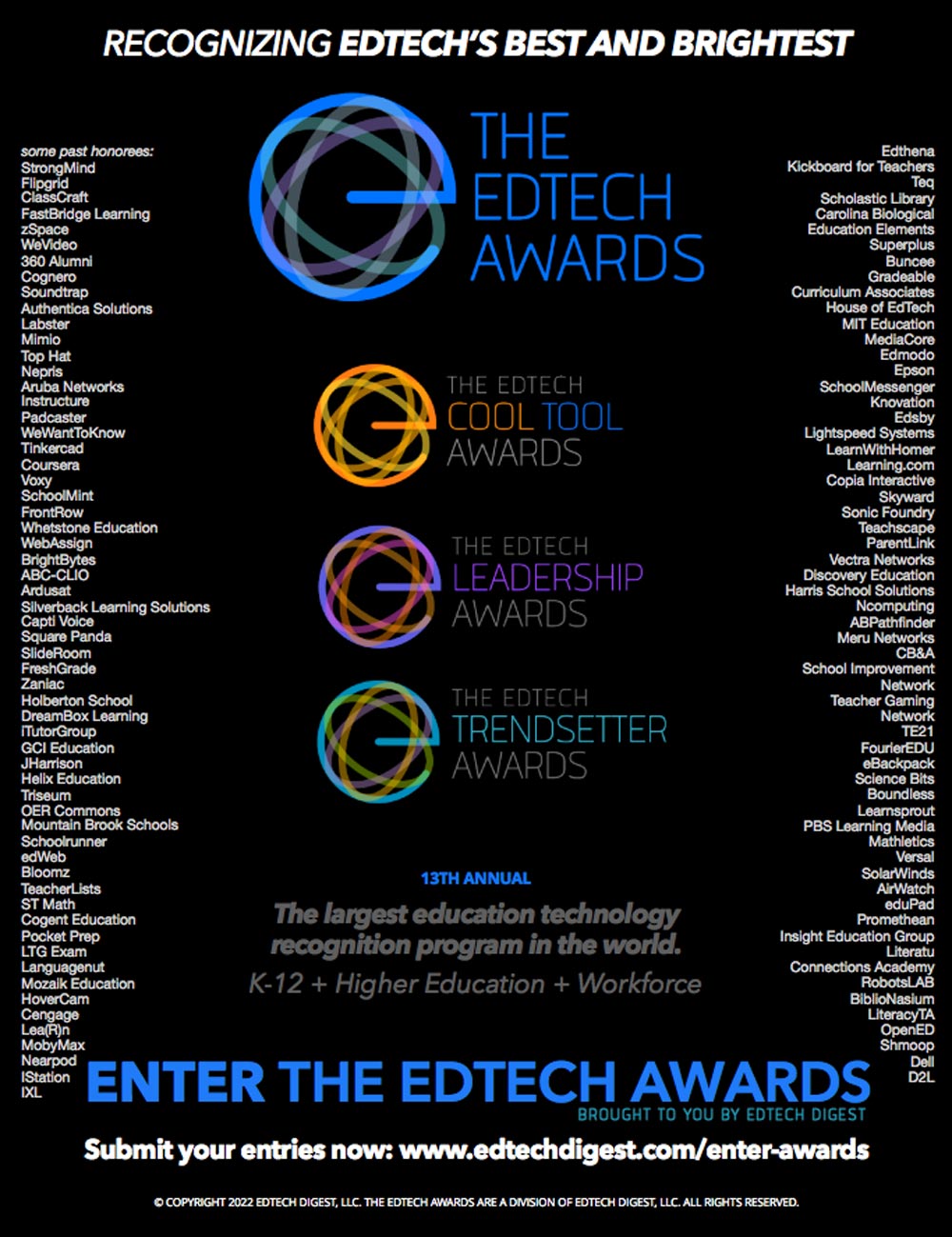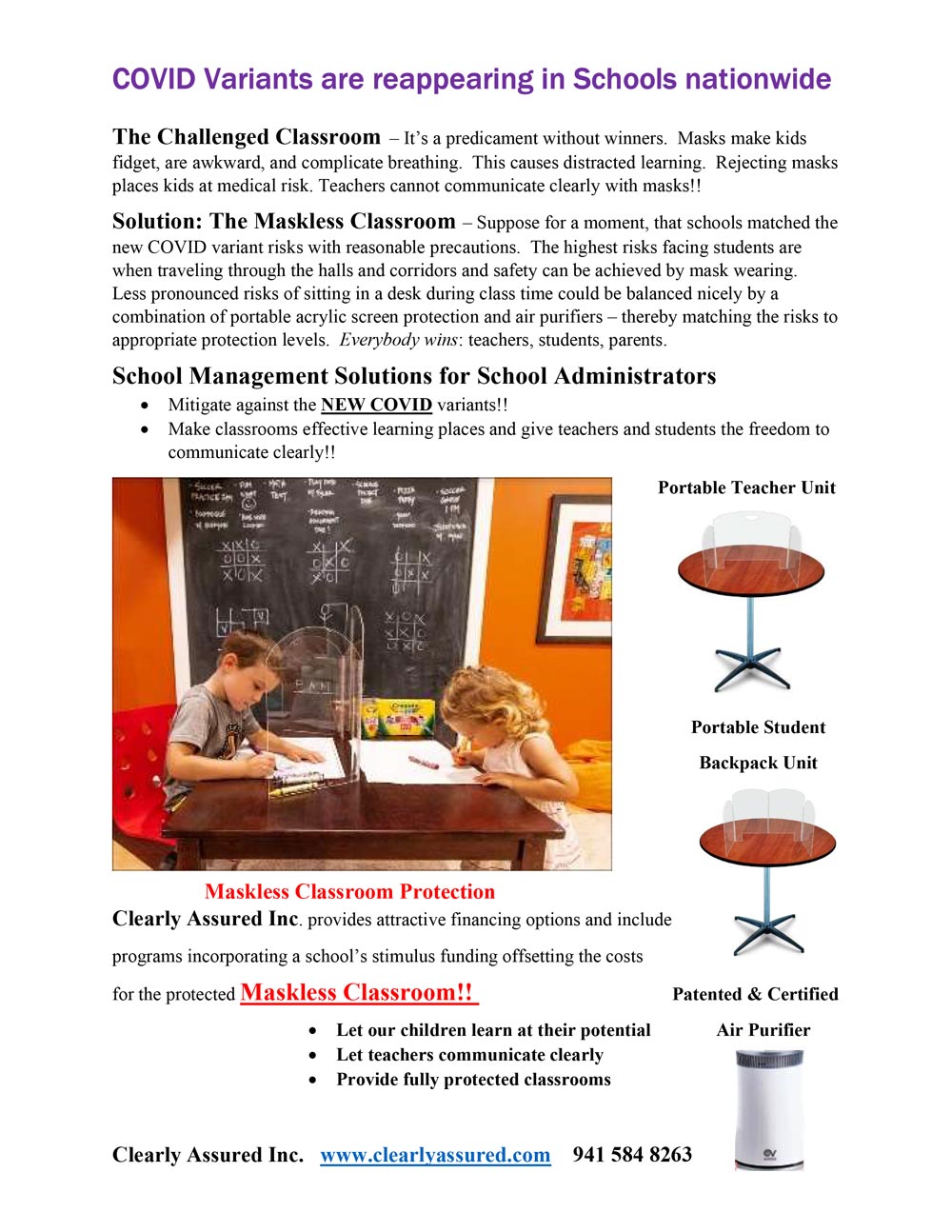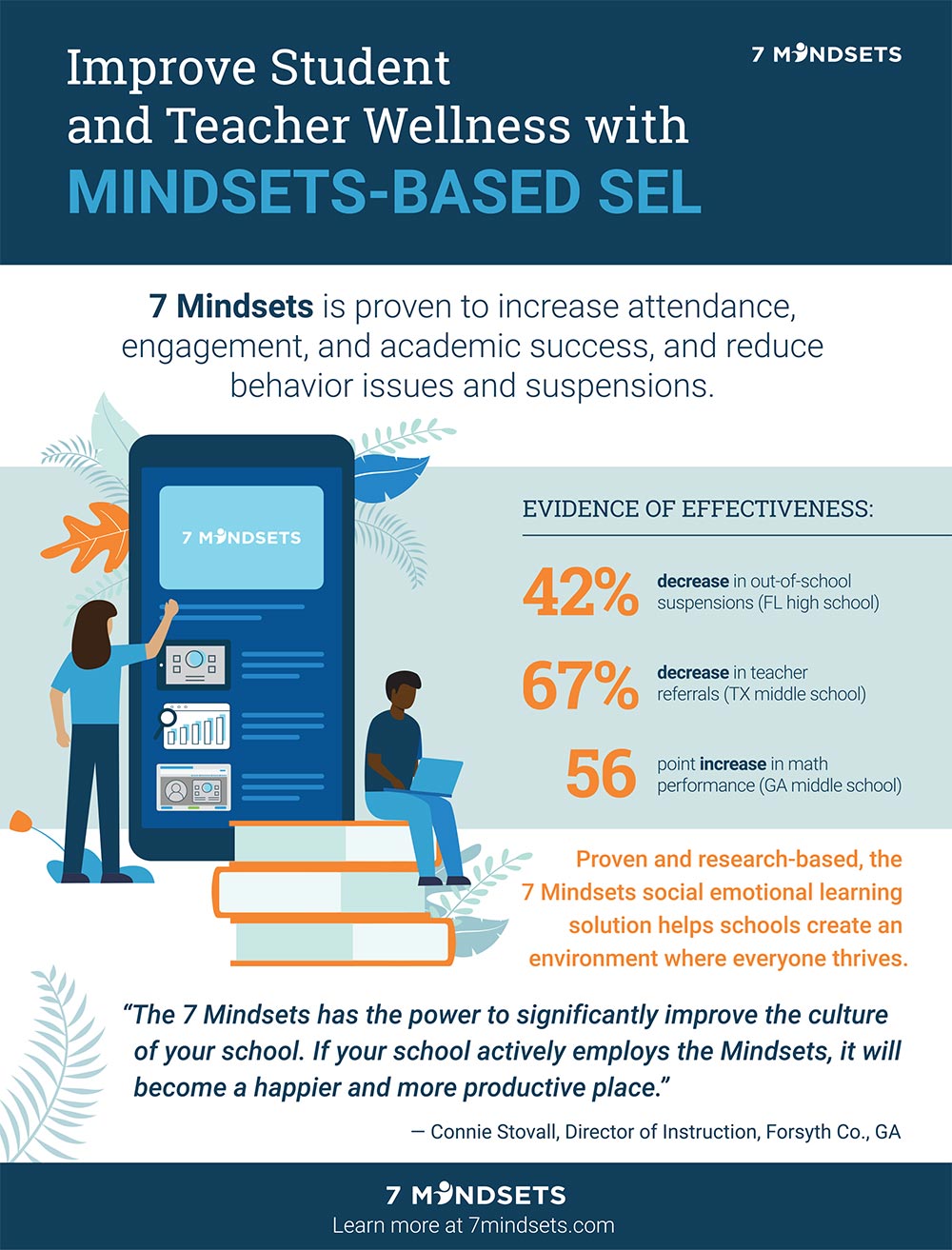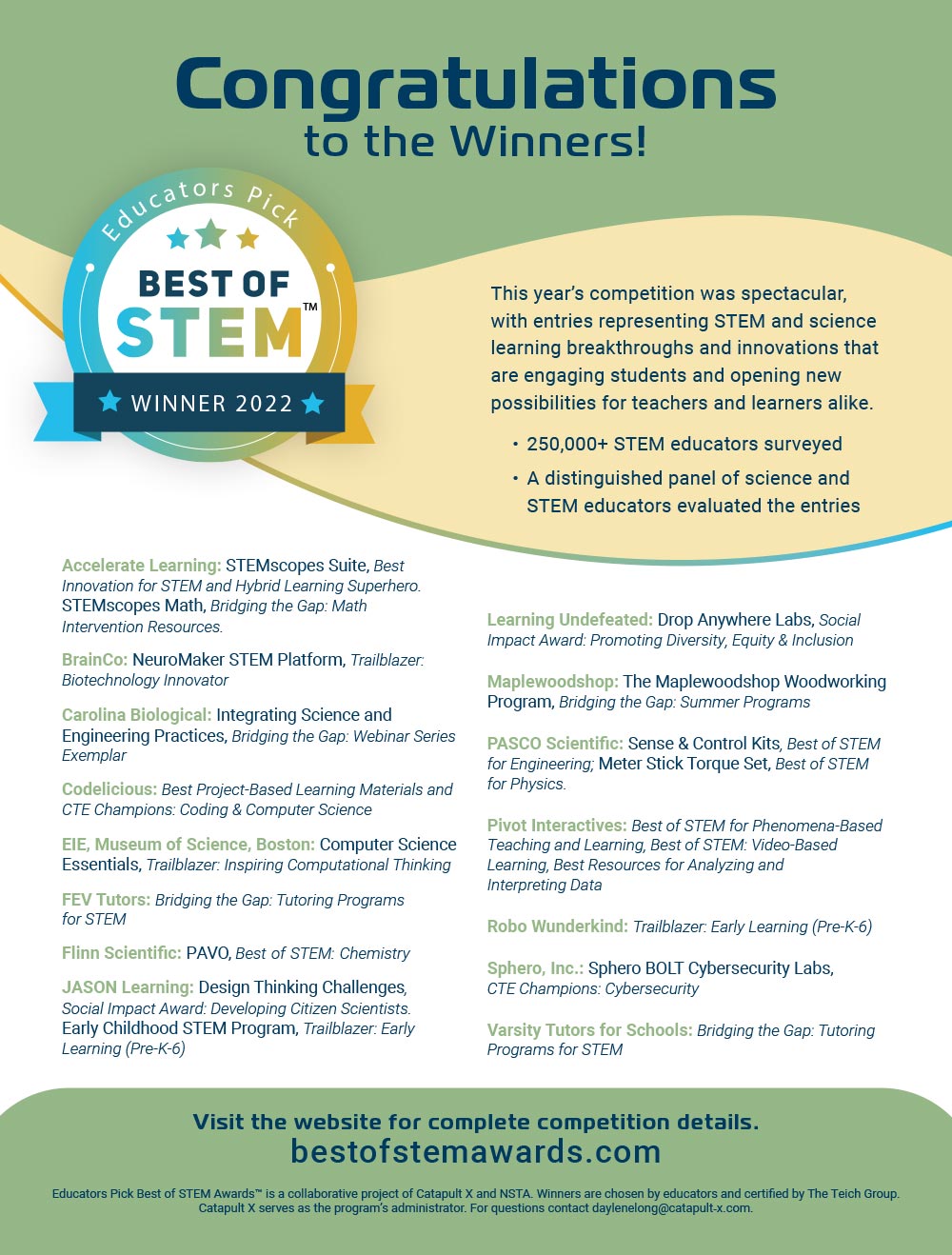
From the Editor
Inflation, Recession and Global Warfare …
Degree or No Degree?
by Robert Iskander
There’s a Hole in the Bottom of the Sea
From the Top, with Charlie Warhaftig
With AI, There is No Limit to What We Can Accomplish
By Sal Gerardo
The Transformation of the Classroom:
Crazy Today, Obvious Tomorrow
By Steve Grubbs
By Claire Quinn
Scaling Pockets of Achievement to a System of Excellence for All With Evidence Infrastructure
By Karl Rectanus
A 360-Degree View of Data is Key to Supporting Learners: Here is Why
By James Stoffer
Driving ROI on Your School System’s EdTech Resources in the Post-Pandemic World: Five Key Questions to Consider
By Todd Wirt
To subscribe to (ET) Magazine, please click, https://www.et-mag.com/subscribe

From the Editor
When I was asked by the publisher to do some editing on this new publication, I was flattered, and frankly, a bit surprised. After all, it is a collection of stories about the future of education. And as I write this column, I know I have significantly more years behind me than ahead of me. In fact, I dare say that many of my memories can be read about in history books. So, why did the board want an old man to edit their bouncing baby publication?
I believe it has something to do with context.
Education’s innovations are coming fast and furious now, and many believe the days of readin’ and writin’ and rithmatic are long gone, as are the days when teachers were the arbiters of what makes good learning.

By Robert Iskander
As high school seniors and community college students start their new academic year this fall, anxiety is high from what they are hearing on the news: Over 5 million Ukrainian refugees are looking for jobs; meanwhile, global companies are laying off staff and tightening their spending. Many countries are experiencing weak economies because of a record 10% annual inflation.
The cost of living is going up, interest rates are going up, unemployment is going up. It seems as if bad news is everywhere. So, what should a soon-to-graduate student be doing at this stage? Should they apply for college loans to fund a higher education degree? Should they just get any job for now since minimum wages are going up as well? Or is there a better career alternative at this stage?

In education, there is a hole in the bottom of the sea, and through that hole, criminal enterprises are stealing your data by increasing numbers of magnitudes.
I’m not sure if it is because schools are considered easy pickings, but at present, the education industry is the world’s most popular industry for data thieves. In fact, 56 percent of K-12 schools worldwide reported being hit by a ransomware attack last year, according to a Sophos study called, The State of Ransomware in Education 2022.
(With AI)
What We Can Accomplish

of the Classroom:
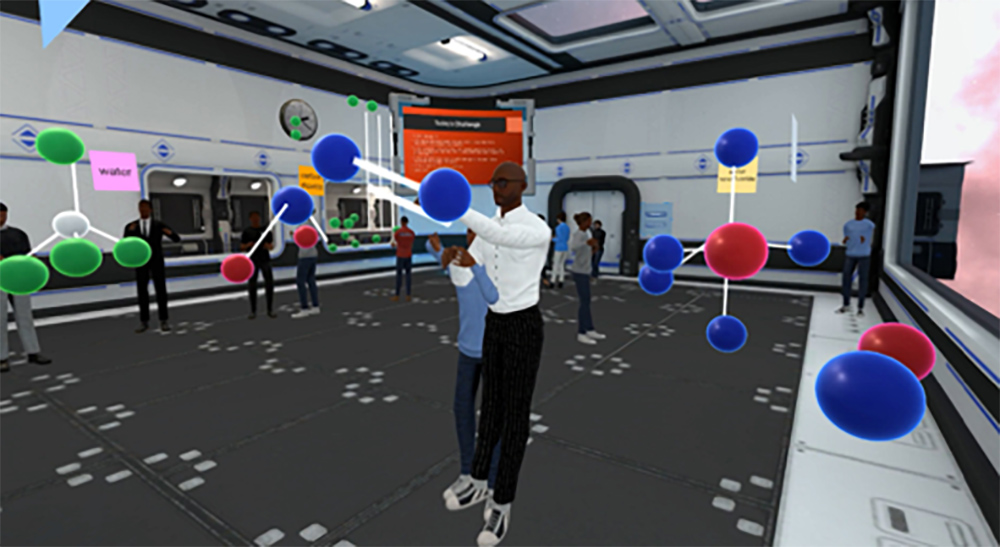
Using the expertise of experts like Wendy Martin, national runner-up teacher of the year, and others, we built a virtual reality cadaver lab that included the organ systems of a human body. But even more than that, this lab is synchronous, meaning the entire class can come into the room at the same time, and be joined by their professor. Stop and think about this for a minute. These students might be miles apart — they might be hundreds of miles apart — but in that cadaver lab, they stand right next to each other. As the professor teaches, she may take her hand and plunge it into the chest cavity of the human cadaver and pull the heart out (not dripping in blood, like the movies, but anatomically perfect).

The Real State
of Children’s Privacy

But while there are clearly pockets of innovation that improve achievement, equity, and outcomes, we have hobbled our education system by not investing in the basic research and development infrastructure other sectors have. Without a connected infrastructure where states, districts, and key stakeholders can share evidence of what is working more quickly and cost-effectively, our system will remain siloed and our children, our communities, and our nation’s competitiveness will suffer.

A 360-Degree View of Data
is Key to Supporting Learners:
Schools see test scores. Community partners see program attendance. Families see announcements, and each stakeholder sees siloed learning tools. They do not share information. They do not communicate. The learning community is closed off. Only 5-10% of that data passes back to the administrator dashboard, where only a few people can access it. This results in learning communities becoming adult centric, not at all student-centered.
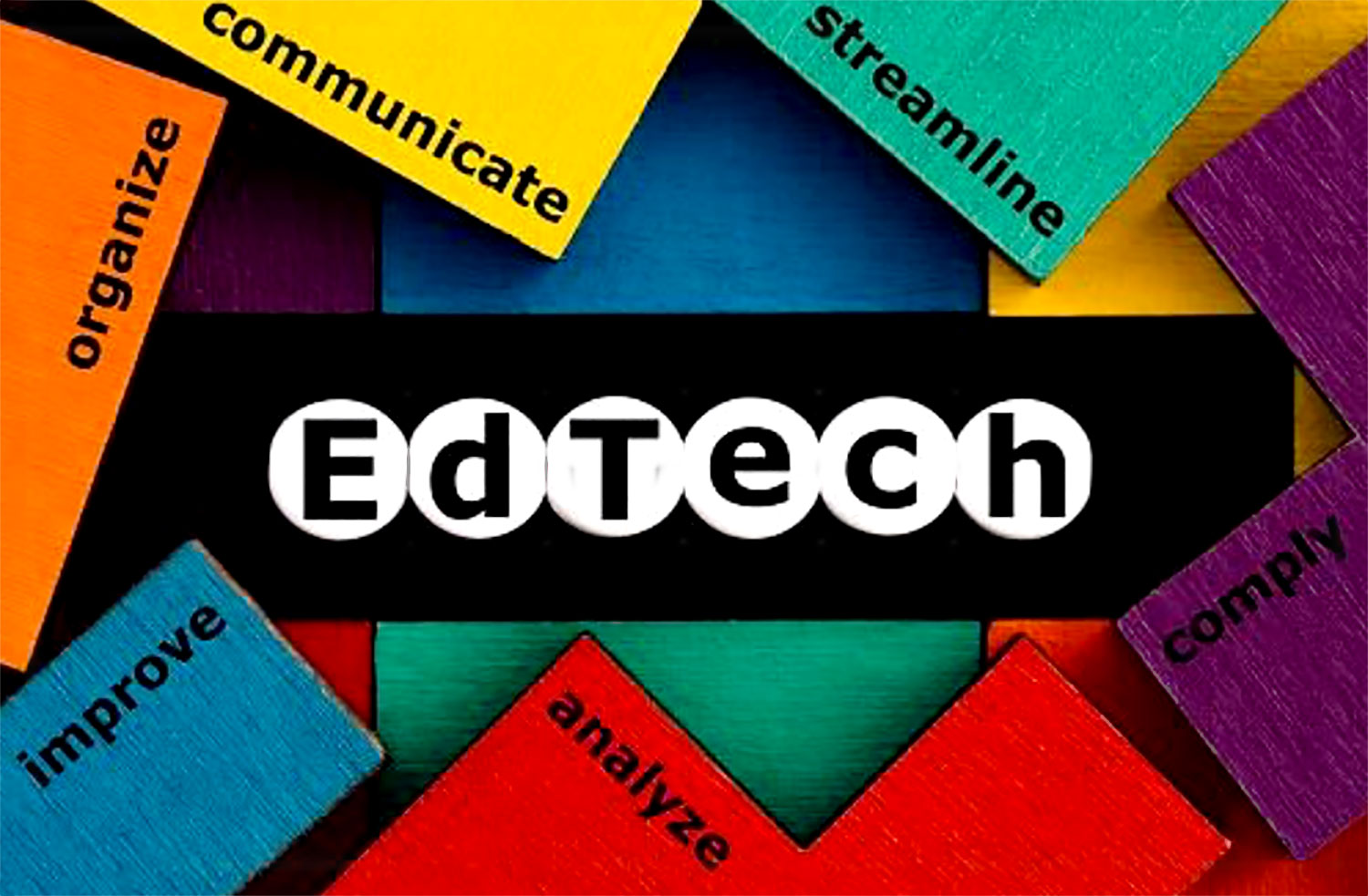
Five Key Questions to Consider
But how should school leaders frame their evaluation of the various EdTech resources currently used by teachers across their school system? Throughout my more than 20 years in public education and my experience in the EdTech world, most recently in my current role as vice president of partner success at Discovery Education, I have found that answering the following five questions is an important starting point toward ensuring your school system is deriving maximum value from EdTech investments.
– Horizon Room Open Mic Sessions
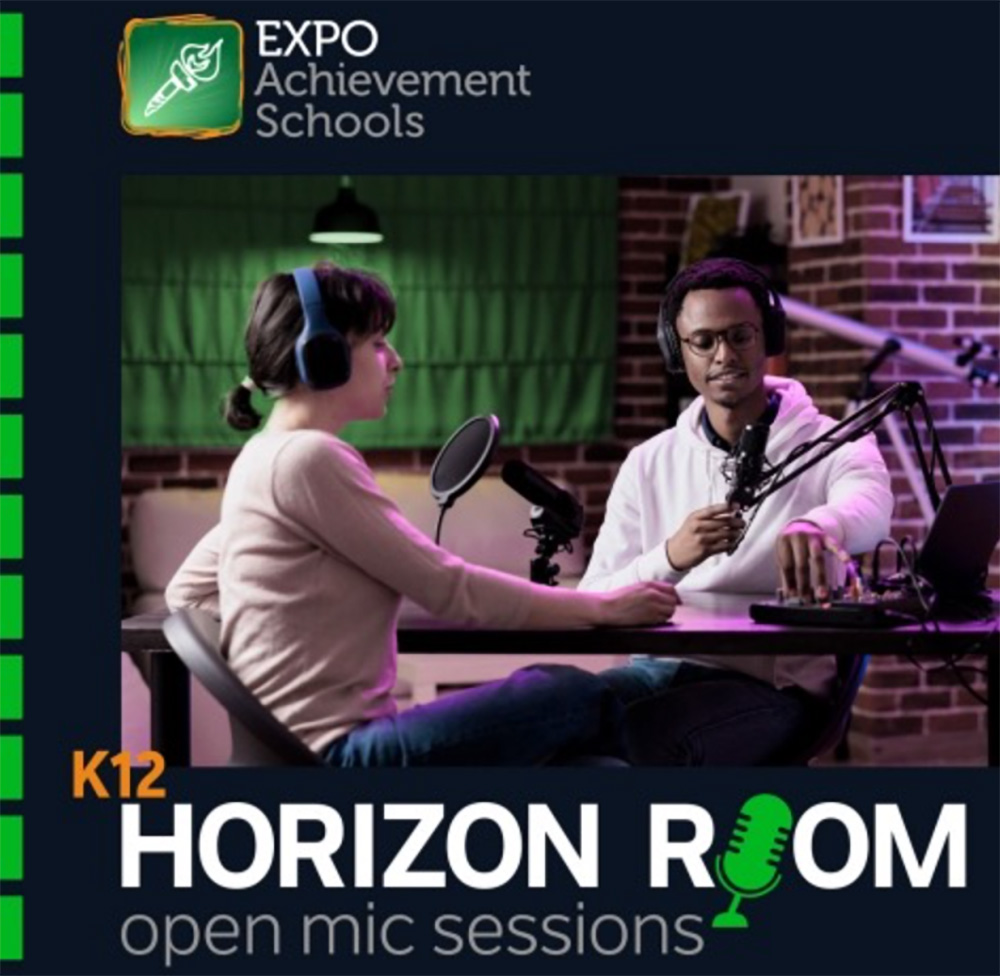
Each session we will bring in all our research, industry experience, partnerships, and connections to help educators navigate what’s on the horizon and learn from each other.
Not a member of the Network of Expo Achievement Schools yet? No problem! The Horizon Room Open Mic Sessions are open to all educators. Of course, you get more out of a membership, but definitely join the Open Mic sessions and take advantage of collaboration with peers.

